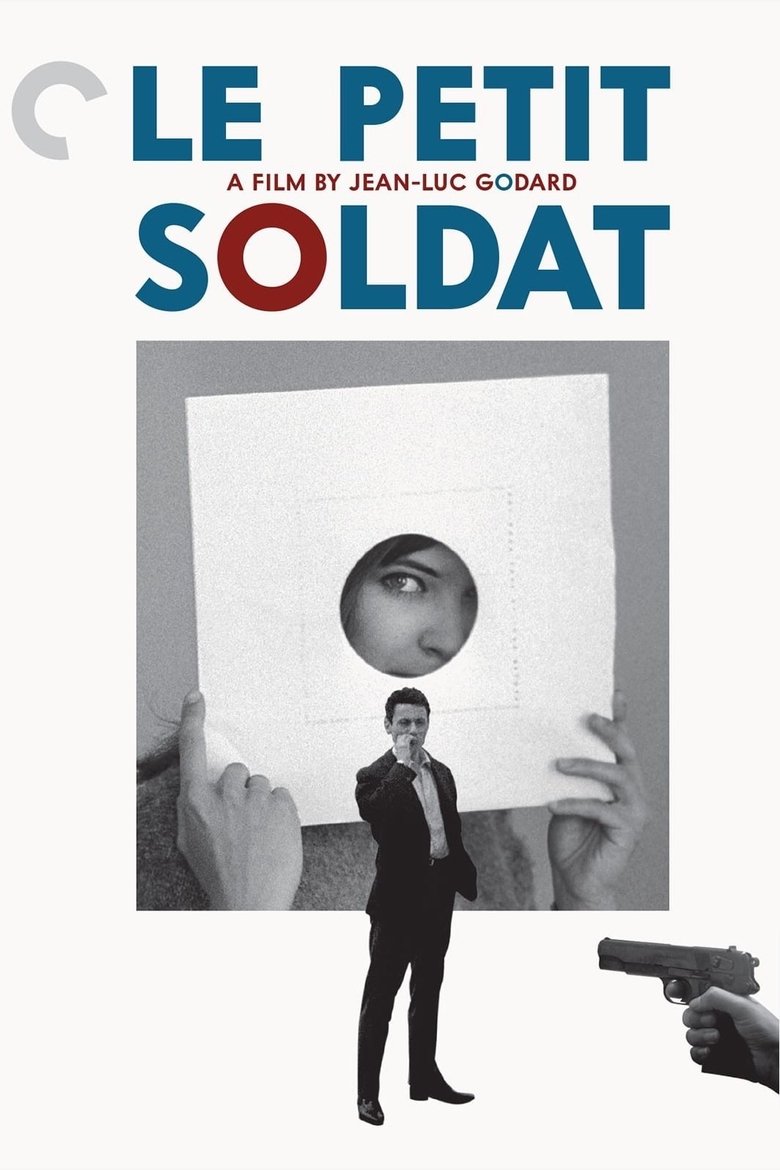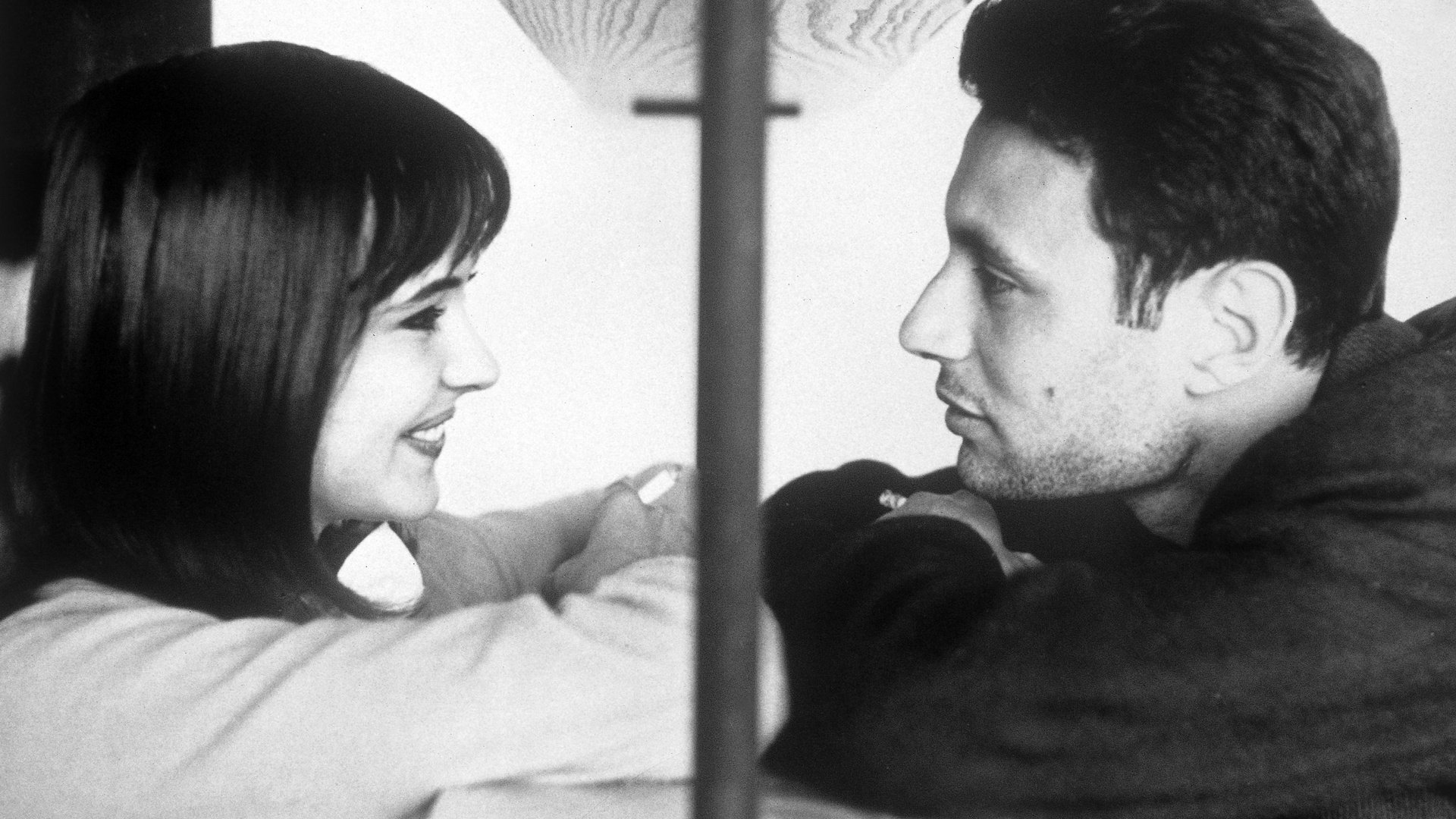Shot in 1960, but banned until 1963 due to its frank treatment of French torture of Algerian separatists, Jean-Luc Godard's Le petit soldat is a political thriller mixed with a love story. Bruno (Michel Subor) is a French agent in Geneva, fighting a secret war against Arab spies supporting the Algerian cause. Tired of his superiors' demands that he assassinate another agent to prove his loyalty, he dreams of escaping to Brazil with the lovely Danish young lady Veronica (Anna Karina). Will they make it or not?
I am assuming that anyone who is considering this film has already seen Godard's first film Breathless. Love it or hate it, it's a 20th-century classic and something any film buff should see. Godard's second film here initially seems to follow the same plot, where a man playing a deadly game of cat and mouse flirts with a woman who is oblivious to the danger he's in, and there are some gratuitous jump cuts too. However, Le petit soldat has some twists and turns in its action and is no retread of its predecessor. Furthermore, the editing is tighter and the mise-en-scène more powerful; already one feels that Goddard has matured to the level of his following films of the 1960s.
To audiences half a century later, when the Algerian War is slowly forgotten even by the French, this may not seem a very in-your-face political commentary. However, Godard does include a few bitter references to World War II, suggesting that the same forces who righteously held out against Hitler only fifteen years before are now the aggressors against their colonial territory. While this is a less-talked-about Godard film, for me at least it has proven more thought-provoking than Breathless, raising moral questions that remain relevant in Europe today, and featuring some shocking plot developments.
Karina's role in this film is a very interesting one. Karina had arrived in France not long before and still spoke only rudimentary French, so Godard gave her a minimum of lines. For the most part, she is a mere Barbie doll, a symbol of Bruno's infatuation. As if underline that Karina is serving only as a delight for the eye, Godard has Bruno photograph her for several minutes while she stands in various poses. As Godard's subsequent films revealed, Karina wasn't just looks, she had considerable talent as an actress, but her part here does not allow that to come through.

